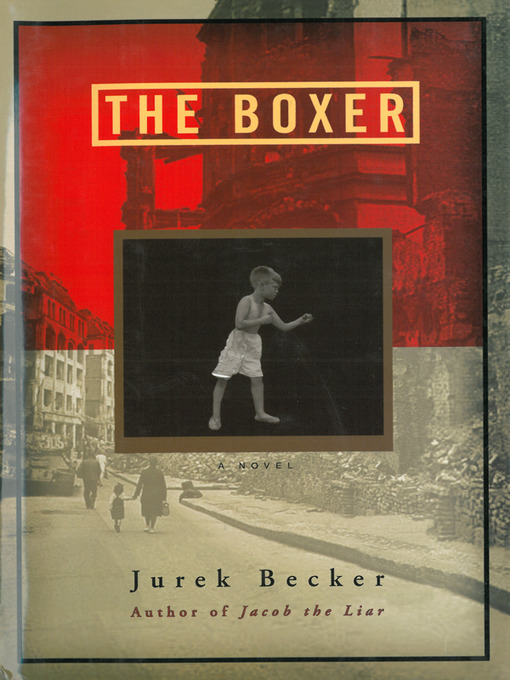When Jurek Becker's Jacob the Liar was published twenty-five years after World War II, it was hailed worldwide as the most remarkable novel of the Holocaust ever written in Germany. It is, said the Times Literary Supplement,"" a novel about the martyrdom of Europe's Jews that has never been surpassed. . . . It does for the victims of the Shoah what Solzhenitsyn's One Day in the Life of Ivan Denisovich does for those of the gulag."" In this follow-up work to Jacob the Liar, Becker tells the story of a man named Aron Blank, tracing his life from his release from a concentration camp in the summer of 1945 through the next twenty or so years. Living in a ghetto at the start of the war, Aron had lost his wife—who one day was arrested by the Nazis. In desperation, he turned over his two-year-old son, Mark, for safekeeping to a neighbor just before he was deported. Now, having survived the war, Aron sets out, with the help of an American relief organization, to find his son. He finally tracks down, in a hospital for young survivors, a child named Mark who is the same age as his son, though oddly the boy bears a different last name. Convinced nonetheless that he has found his Mark, Aron takes him home to East Berlin and does his best to rebuild a normal life for them both, working first in the black market, then as a Russian interpreter. Decades later, after Mark has left home, subsequently emigrated to Israel, and was presumably killed in the Six-Day War, Aron relates the story of his life to a young interviewer. Despite Aron's understandable cynicism, the interviewer ultimately becomes an irreplaceable companion in Aron's self-inflicted solitude, a final bridge to the world. Written with the understated elegance that brought Jurek Becker worldwide acclaim, this is a rare portrait of Jewish life in postwar Germany and a profoundly human story of survival, friendship, and fatherly love.
- All Fiction
- Available Now
- Romance
- Mystery & Thrillers
- Literature
- Historical Fiction
- Hard SciFi
- Science Fiction & Fantasy
- See all
- All Nonfiction
- Available Now
- Biography
- History
- Cooking & Food
- Business
- Self-Improvement
- Health & Fitness
- Popular Science
- See all


